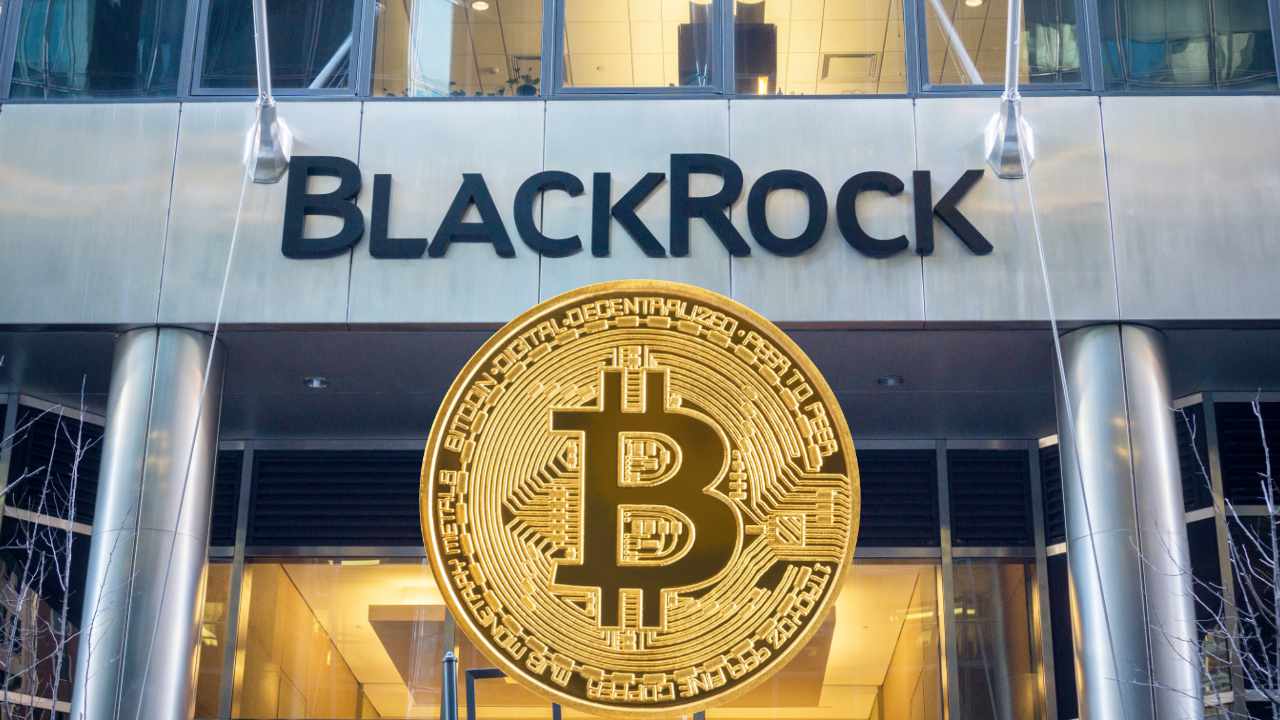
VanEck said interest in Bitcoin (BTC) is significantly higher than 12 months ago as institutions and nations continue to push for adoption.
According to a Sept. 19 report, the key reasons behind this surge in interest include growing institutional adoption through exchange-traded products (ETPs) and sovereign involvement in mining and global transactions.
Additionally, the report highlighted that Bitcoin’s correlation with the NASDAQ and equities has varied, but its inverse correlation with the US dollar remains consistent. It suggested that Bitcoin might soon break out of its current pattern, with potential catalysts including the upcoming debt ceiling deadline and the US Presidential Election.
Shifting from NFT speculation
The report highlighted that the protocol known as Inscriptions drove network adoption last year. However, USD-denominated on-chain Bitcoin transfer volumes have surged 202% year-over-year, even as daily inscription transactions declined 93% and on-chain retail activity decreased.
This indicates that Bitcoin continued to gain adoption with larger transaction sizes despite the decline in Inscriptions’ popularity. Inscriptions, which register data on Bitcoin’s blockchain, are primarily associated with inscribing non-fungible tokens (NFTs) called Ordinals.
According to the report:
“With Bitcoin’s on-chain activity diminished, bitcoin’s price appreciation this year is better explained by growing adoption as money: a vehicle for storing and transferring value.”
Additionally, Bitcoin trading volumes have grown 173% year-over-year, far outpacing equity trading volumes, which rose by about 18%.
Institutional players enter the market
According to VanEck, Bitcoin’s resilience as an alternative reserve stems from the influx of institutional investors and the involvement of sovereign nations in BTC mining operations.
This movement by institutional players is driven by two factors. First, the sophistication of products designed for institutions, such as custody solutions and ETPs, has fueled interest. The launch of spot Bitcoin exchange-traded funds (ETFs) in the US this year boosted institutional interest, with $17.6 billion in inflows since Jan. 11, according to Farside Investors data.
Bloomberg senior ETF analyst Eric Balchunas praised the presence of institutions among Bitcoin ETF shareholders on Sept. 9. He noted that over 1,000 institutional investors disclosed investments in these funds during two 13F periods, with BlackRock’s IBIT ETF seeing 20% of its 661 holders as institutions and large advisors.
VanEck analysts pointed out that hedge fund holdings of Bitcoin ETPs rose 38% in the second quarter, while registered investment advisors’ holdings increased by only 4%. National brokerage adoption of Bitcoin ETPs lagged, which analysts attributed to outdated “60/40” macro model portfolios that do not yet consider Bitcoin as an allocation.
The report also highlighted a “growing trend” of countries adopting Bitcoin for monetary and trade purposes.
“Combined, these trends are shifting the dynamics of both Bitcoin’s on-chain fundamentals and off-chain markets.”
On the sovereign adoption front, seven nations are now mining Bitcoin with direct government support, with Ethiopia, Kenya, and Argentina being the latest to enter the industry. This trend is seen as an indicator of global de-dollarization efforts, potentially strengthening Bitcoin’s role as a global reserve asset.
VanEck’s report also mentioned Russia’s pilot of cross-border trade denominated in crypto, which raises questions about which nations might follow suit, especially when the war inevitably ends.
Need for censorship resistance
VanEck analysts also identified the need for censorship resistance as a third factor driving Bitcoin adoption. They cited efforts to regulate online speech, including bills in Australia and Brazil aimed at controlling social media activities.
The report referenced Brazil’s recent ban on X (formerly Twitter) after the company failed to meet transparency requirements. Analysts argued that the “ideological and political capture” of centralized internet platforms threatens access to independent information.
It noted:
“Indeed, we argue that the ideological and political capture of centralized internet behemoths like Google threatens individuals’ access to credible and independent information.”
The report added that Bitcoin’s non-sovereign and censorship-resistant nature could attract users seeking a free speech-focused network.









